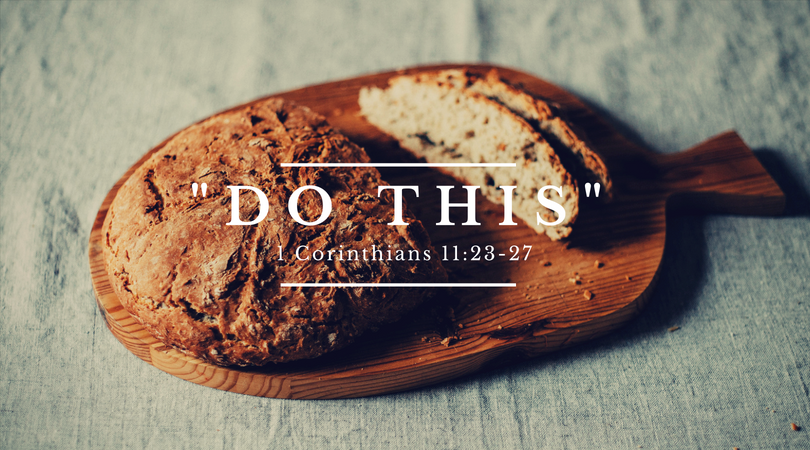Week 6, March 25th, Palm Sunday and the beginning of Holy Week
The Cross of Christ: The Treasures that Come from Suffering
Silence
Close your eyes and take five deep breaths. In this moment of silent time, let your daily concerns fade into the background of your mind.
Pray
(Pray the following slowly, intentionally, and in silence)
Loving God,
I am just beginning to realize how much you love me.
Your son, Jesus was humble and obedient.
He fulfilled your will for him by becoming human and suffering with us.
I ask you for the desire to become more humble
so that my own life might also bear witness to you.
I want to use the small sufferings I have in this world
to give you glory.
In your grace, strengthen my life by the example of Jesus.
He was never apart from you, and knew the treasures for which he died:
The salvation of this world you love.
Help me to feel how close you are.
To remember the treasures you promise in spite of suffering,
and to live in union with you.
Amen.
Read
(Read the following passages slowly, intentionally, and aloud)
Matthew 26: 6-13
6 While Jesus was in Bethany in the home of Simon the Leper, 7 a woman came to him with an alabaster jar of very expensive perfume, which she poured on his head as he was reclining at the table. 8 When the disciples saw this, they were indignant. “Why this waste?” they asked.9 “This perfume could have been sold at a high price and the money given to the poor.” 10 Aware of this, Jesus said to them, “Why are you bothering this woman? She has done a beautiful thing to me. 11 The poor you will always have with you, but you will not always have me. 12 When she poured this perfume on my body, she did it to prepare me for burial. 13 Truly I tell you, wherever this gospel is preached throughout the world, what she has done will also be told, in memory of her.”
Romans 5:1-8
5 Therefore, since we have been justified through faith, we have peace with God through our Lord Jesus Christ, 2 through whom we have gained access by faith into this grace in which we now stand. And we boast in the hope of the glory of God. 3 Not only so, but we also glory in our sufferings, because we know that suffering produces perseverance; 4 perseverance, character; and character, hope.5 And hope does not put us to shame, because God’s love has been poured out into our hearts through the Holy Spirit, who has been given to us.
6 You see, at just the right time, when we were still powerless, Christ died for the ungodly. 7 Very rarely will anyone die for a righteous person, though for a good person someone might possibly dare to die. 8 But God demonstrates his own love for us in this: While we were still sinners, Christ died for us.
21 They preached the gospel in that city and won a large number of disciples. Then they returned to Lystra, Iconium and Antioch, 22 strengthening the disciples and encouraging them to remain true to the faith. “We must go through many hardships to enter the kingdom of God,” they said.
Reflect
- It is easy to consider the “waste” of the extravagant material value of the perfume the woman anoints Jesus with. Why did Jesus defend her choice to use it the way she did?
- What does Jesus’ reaction tell us about the value of money from God’s point of view?
- What does this memorable event tell us about the “treasures that come from suffering?”
- Early Jesus followers knew full well that their lives would entail hardships. What kinds of hardships might you endure as a Jesus follower in your context today?
Read
(Read the passages above again, aloud)
Pray
(Pray the prayer above again, intentionally, and now aloud)
Action
What can you do, this week, to courageously endure a hardship for Jesus’ sake, remembering the treasures that Jesus promises those sufferings will lead to?
About Lent: Lent is a season during which we remember the significance of Jesus’ life, death, and resurrection. This guide is designed to be a guide for those who wish to wholeheartedly enter into the story behind Lent, just as Jesus’ disciples did. You may have been following Jesus for decades. You may have never set foot in a church. At the foot of Christ’s cross, none of that matters. All that matters is that God gave his only begotten Son to save the world. To save this town. To save you.
For the season of Lent, I’m going to pause my normal routine of summarizing and reflecting on the sermon, and offer this resource for guided prayer and scripture reading. To use this guide, simply follow the instructions for each part, giving yourself enough time to absorb the content and enter in with your body, mind, and spirit.











